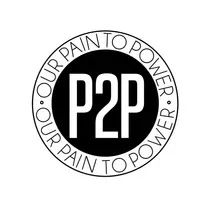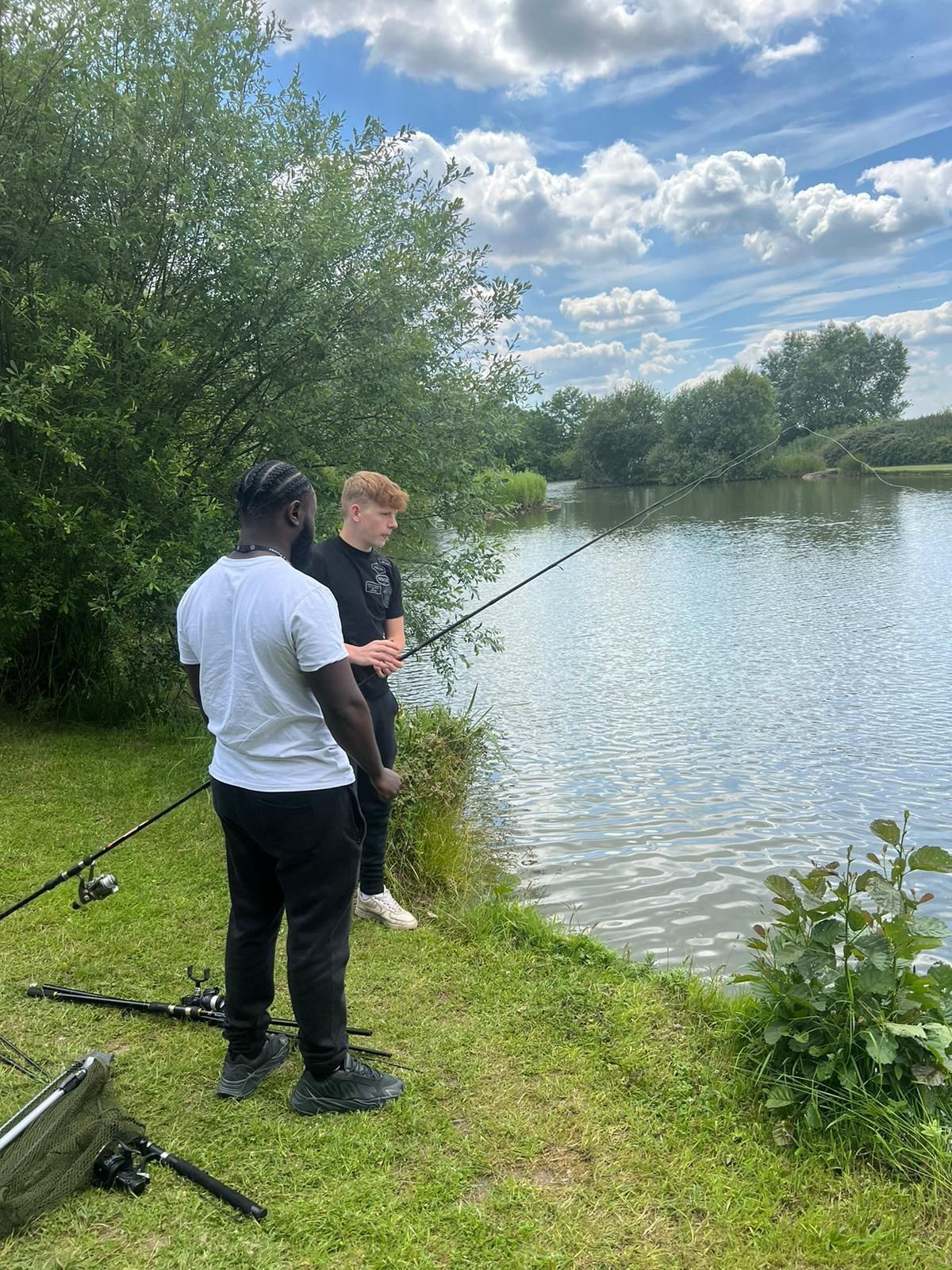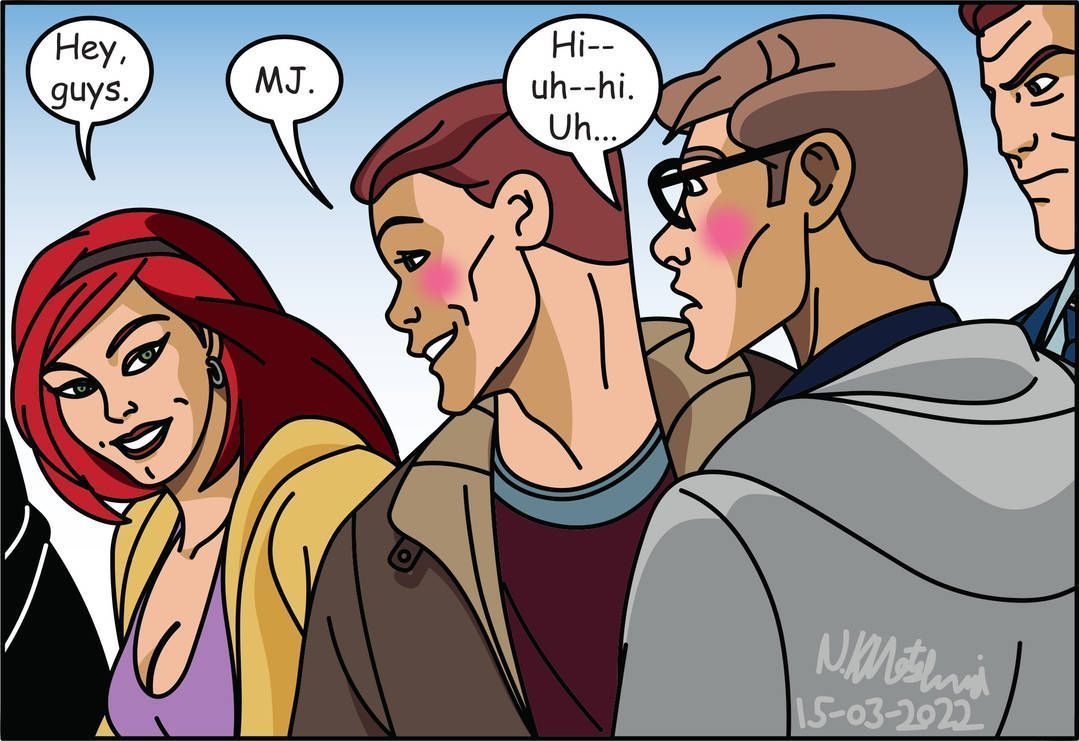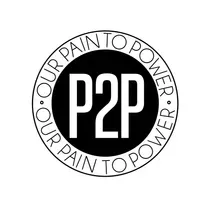About us
Our Pain 2 Power is an alternative learning provision that offers different programmes and workshops to reduce youth violence and vulnerability to criminal behaviour, develop self-love and confidence and equip young people with leadership skills and employability skills.
“Amazing youth programmes and a great support overall.”

Authenticity is key
With hand-held support, we empower, motivate and inspire our beneficiaries to reach their full potential through helping them turn adversity into growth.
ON THE BLOG
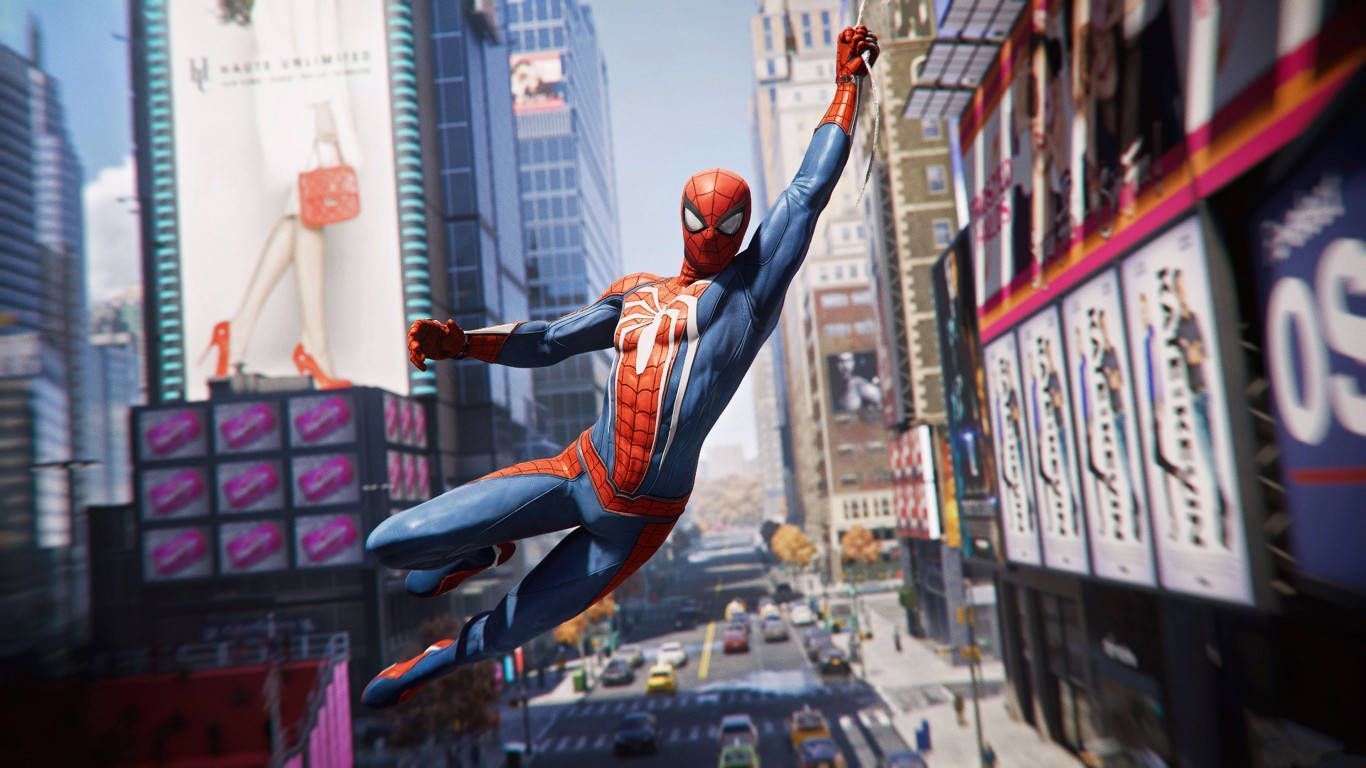
One of the biggest problems we have, as young people, is saying ‘no’. Such a simple word, right? As children, we could say all we wanted. We did say ‘no’ whenever we wanted. We have said ‘no’ and ‘why’ often enough that it’s a miracle all of our parents weren’t driven nuts by it (I say this a former nursery workers… children really do love saying ‘no’ and ‘why’). And then we grew up. Then we grew up, and we were thrown into this new world of being an adult, where saying ‘no’ to things was suddenly seen as somehow taboo. As being wrong, and disrespectful, and as if saying ‘no’ immediately makes you lazy, untrustworthy, and a whole host of bad no-good qualities. To once more take an example from Spider-Man: No Way Home, do you notice how many of Peter’s problems would have been solved if he had just said ‘no’ once? Whether you believe his actions with the villains were right or wrong, if he had simply said no – as he clearly wanted to – when Aunt May made him help out the Vulture, everything in his life would have been easier. It might not have been in character for Peter Parker – especially after he learnt what was going to happen to them – but it would have made his life hell of a lot easier. The only reason he didn’t say ‘no’, is because he is a superhero, and superheroes are created with the idea that they are able to suffer through the worst with a brave smile on their faces because they are heroes and ‘that’s what heroes do’. But we aren’t superheroes. We aren’t meant to be superheroes. We don’t save the world, and us saying ‘no’ to things we find rude, annoying, disrespectful, or simply don’t want to do, won’t make the Multiverse break free. It is your right to refuse things. It’s your right to stand by what you believe in and say ‘no’. Saying ‘no’ is hard. But you know what’s harder? Never saying no.
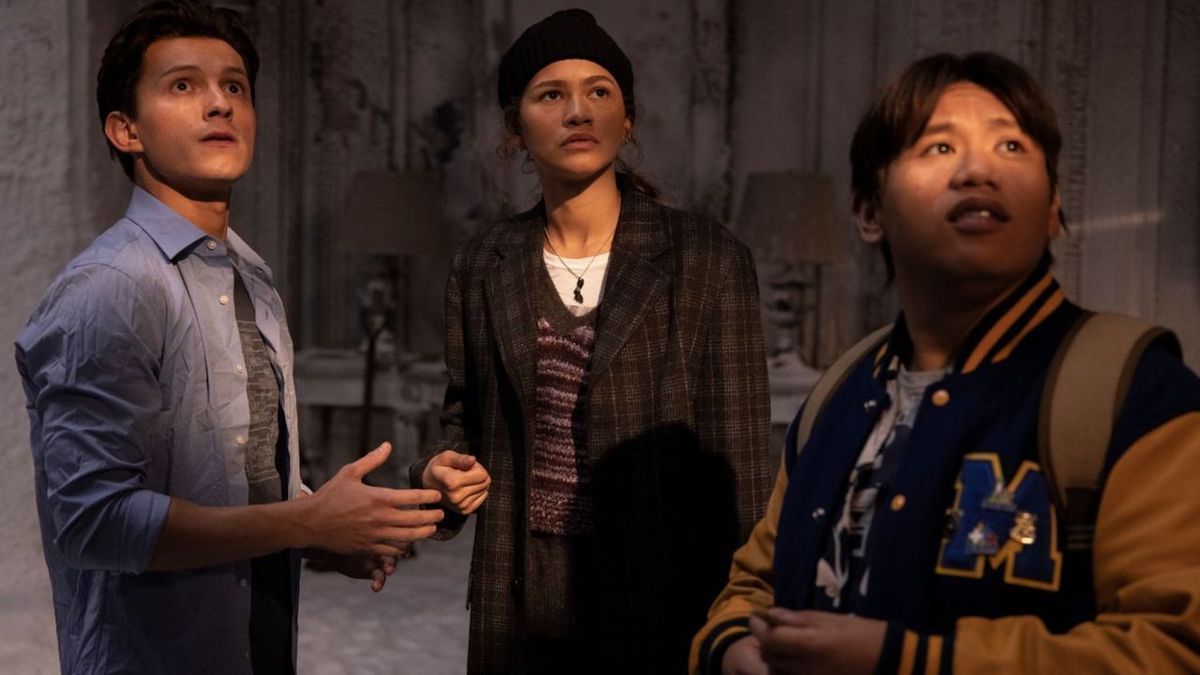
Being lonely is such an odd experience. You can be lonely virtually anywhere, no matter where you are, no matter who you are with. You can be lonely while sitting alone in your room; you can be lonely at home, while sitting in the living room with your family; you can be lonely at school or at work, surrounded by peers and colleagues; you can be lonely outside, walking on sidewalks with strangers pushing at every side of you. It's weird. It makes sense, I suppose, to be lonely while you are literally alone in your room. But you aren’t alone when you are surrounded by friends, family and acquaintances. So what gives? Why does one feel lonely when, according to everything around them they should have no reason to be? One of the opening sequences of Spider-Man: No Way Home is Peter, accompanied by MJ and Ned, walking into school. His identity has been unveiled to the world, and everyone – news reporters, classmates, teachers, fellow students – is outside, waiting and watching him, judging him, commenting on him even though they don’t actually know who he is. Peter had both MJ and Ned at his side, who obviously understood (to a degree) what he was going through. He wasn’t alone. But that scene was particularly powerful to me. Because that’s what it feels like, to be alone in a crowd. The words don’t register, your ears seem to ring, and you are enveloped in a white feeling you can’t even begin understand. And you know what the weirdest thing about that is? That while you are sitting there, feeling alone? More people than you’d guess are feeling the exact same way. You think you are the only one feeling the crushing weight of being alone in the room, but if you turn around for a second, if you look for a moment, you will find out that it’s not quite the case. We all feel lost. We all wonder of our place in life. We all question what to do, and what to do next. Us young people, we are all a little lonely inside, we are all a little lost. I should encourage you to open up. To reach out to your fellows, so that you can push past that loneliness that some days seems just too heavy to shrug off. But that is not as feasible as some adults in your life insist. So instead, how about we be lonely together?
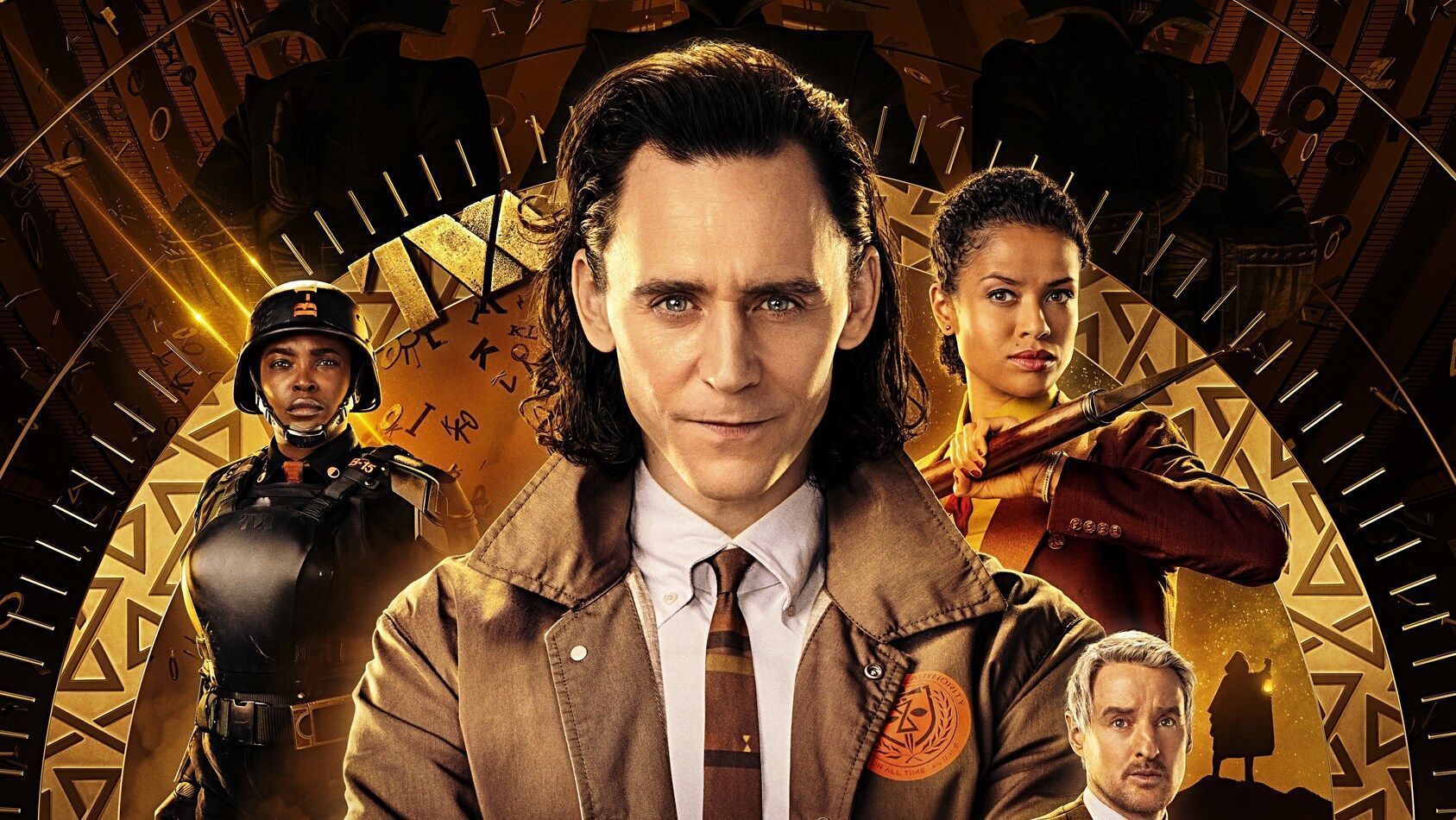
If Phase Three of the MCU was about the Infinity Saga, it is very clear that Phase Four is going to be centred around the idea of the Multiverse. The idea of the Multiverse is that there is an infinite number of Universes parallel to ours, out there, and that for every decision we take, there is another Universe out there that is the same as the one we are living in, in which that one decision was never taken, or an opposite decision was taken. I’ve always found that idea fascinating. That out there, there is at least one Universe in which things went much better for me. And that things were better for me than for another version of me who made all the wrong choices in her life and ended up going to Med School. Then the MCU started coming out on all this stuff on Variants, from the odd Sylvie and Loki romance in Loki (2021) to the three Spider-Man’s iconic brotherhood in Spider-Man: No Way Home, and it got me thinking. Even in Loki (2021), where we had a scene with all of the Lokis trying to outsmart one another, one thing that was clear to see was that they were not the same. Each Loki was different from the next, each Loki was their own person, with their own ideas, their own identities, their own plans. They shared character traits, but because they all had different journeys, they had learnt different lessons in life. Every time I make an important decision, I become a different person. The version of me who decided to leave Sixth Form and the version of me who stuck with it are very different people. I cannot sit here and tell you which one of them is living her best life and which one’s life sucks. Yes, life is not always smooth sailings. Yes, I have problems every now and then. Yes, I have regrets. But I’m trying my best, aren’t I? The decisions I took shaped who I am as a person. They made me the best version of myself I will ever know, because they were decisions I took by myself for myself. I’d love to meet a Variant of myself (even though I’d hate to live in the MCU) one day, when sci-fi novels are real and we have achieved an enlightenment that hopefully won’t destroy our Earth beyond repair. Maybe those Variants will have better lives than mine, or maybe much worse. But they won’t be me. Because I am a result of my own decisions, and they are unfulfilled potentials. And I know which one I’d rather be. Do you, yet?
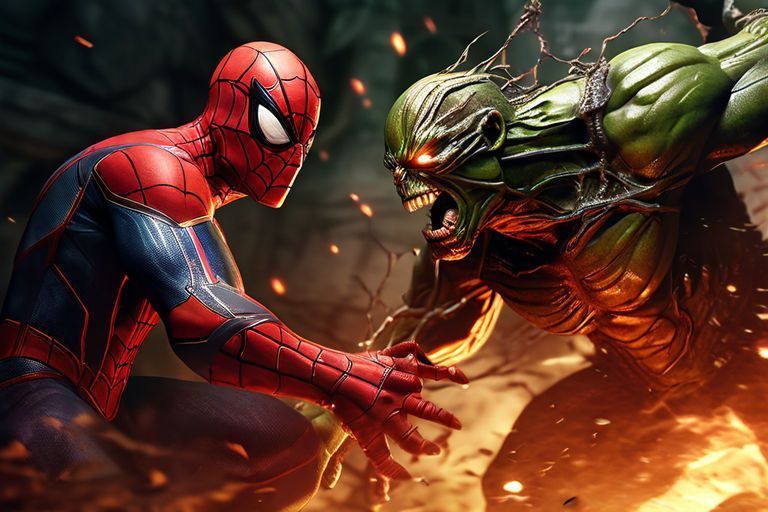
Do the right thing. I’ve heard, you’ve heard it, everyone’s heard it at least once in their lives. But do you actually know what it means? It’s hard to define what the right thing is, because it sort of varies, from person to person. What is the right solution for one, is not usually the same for another. Think of it this way: in Spider-Man: No Way Home, May Parker urges Peter Parker to do the right thing in regards to the Green Goblin, Norman Osborn, when Peter is having doubts. In Peter’s mind, the right thing to do was to give Green Goblin and the other Multiverse Spider-Man villains back to Doctor Strange to deal with. In May’s mind, the right thing to do was help them – whether they wanted it or not – and send them back to their original timelines. In Stephen Stranger's mind, the right thing to do was send all of the villains back to the respective Universes so that their Reality did not collapse. What is the actual right thing to do, in the story? Because May’s right thing killed her. Peter followed May’s right thing, and ended up forgotten by everyone he loved. And Stephen’s right thing was morally reprehensible because he was sentencing the villains to death because it was their ‘destiny’ (… sounds like another familiar Endgame, don’t you think?)(Yes, I still think Tony could and should have survived). Still, each of them believed that what they were doing was the right thing, because, at the end of the day, it was the right thing for them. In life, people will always tell you to do the right thing. It is your job, however, to find what is the right thing for you. Don’t compromise yourself and your ideals for someone else. Don’t let someone else make the choice for you. Don’t let anyone else but you dictate what your future looks like. When you have doubts, whenever you are unsure of something, ask yourself: is this what is right for me? Because, really, that’s all that matters.
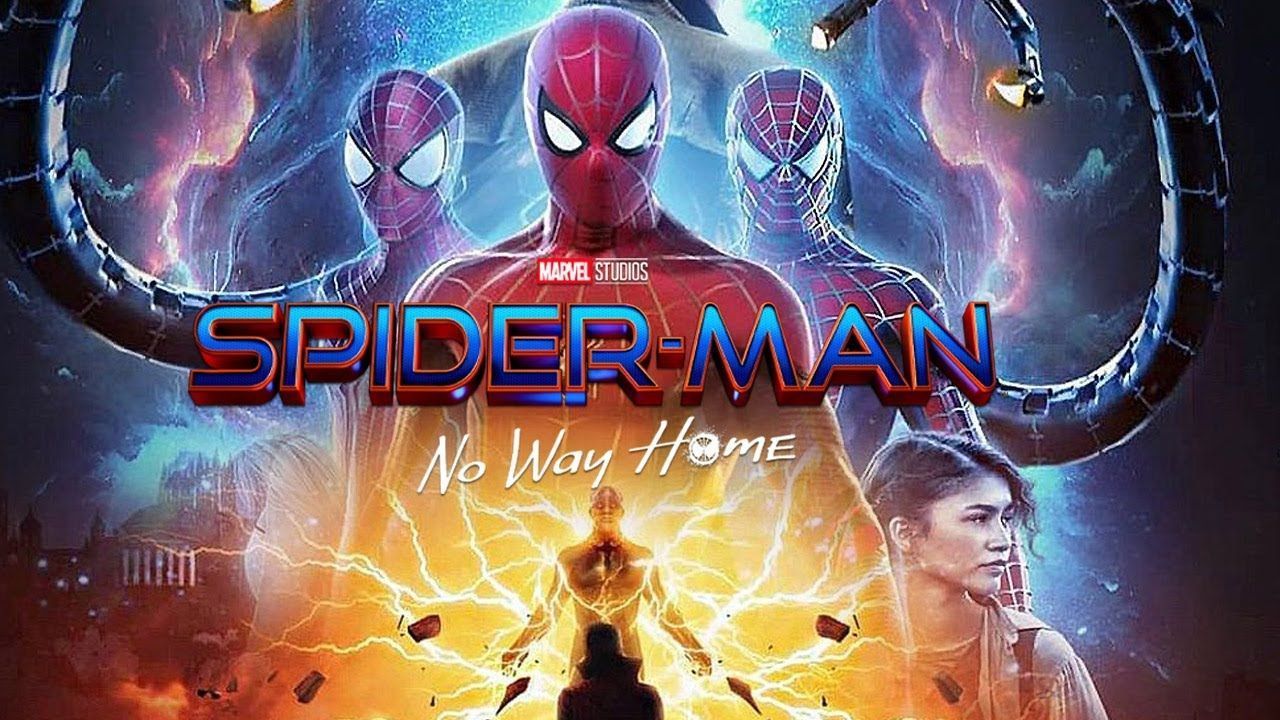
Can we really juggle our identities? About a month ago, on the 15th of December, Spider-Man: No Way Home premiered in the UK. The movie, third in its trilogy, showed us Peter Parker trying to juggle his now public persona of Peter Parker with who he represents as Spider-Man – or rather, who he was taught from his Aunt May (and possibly his Uncle Ben) - that he represents, as Spider-Man. None of us are superheroes in the technical definition of the term (right?), and none of us has had to decide whether we should help a villain who has multiple personality disorder to get rid of his second evil personality or send him back to his regular timeline to die (right?!), but identity? How do we balance our identities? That's something that most – if not all – of us are familiar with. How often have we read 'who are you?' at the beginning of an application or an interview, or been asked the same question when meeting new people? And how many of us just had a moment of panic when the question was asked because there is no one answer that we can use every time we are asked? I'd say too many times. No Way Home ends with Spider-Man continuing to exist while 'Peter Parker' is erased from the minds of everyone he knows and loves, but real life is not that easy. Ordinary people don't have a handsome sorcerer living in the neighbourhood willing to do us a favour (right?). So how do we cope with trying to juggle who we are? How do we cope with trying to understand who we are? I'd love to give you an answer. I'd love to have an answer. But, truth to be told, there is no answer for this. Which sort of sucks. We can only do one thing: acknowledge that each part of our identity is what makes us whole. Because we are not one thing, we are not one character trait: we are multidimensional beings with multiple facets, attributes, and flaws, and while embracing them all will take most of our lives for many, accepting them will take less. In the end, the world might have forgotten Peter Parker, but he's still there: sitting inside the Spider-Man suit.
In partnership with
